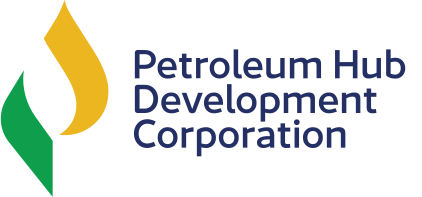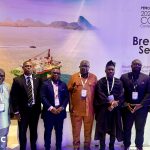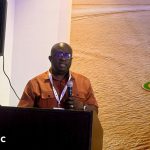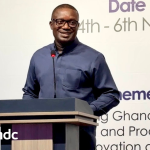The Acting Chief Executive Officer of the Petroleum Hub Development Corporation (PHDC), Dr Toni Aubynn, has firmly dismissed concerns over feedstock availability as a barrier to the Petroleum Hub Project, assuring investors that the hub will have uninterrupted access to essential raw materials upon completion.
The commissioning of Nigeria’s Dangote Refinery and the planned construction of a second refinery in Côte d’Ivoire have raised questions about the viability of Ghana’s Petroleum Hub—particularly regarding sustained feedstock supply after construction.
Concerns have been raised that questions about feedstock availability could serve as a disincentive to potential investors in Ghana’s petroleum hub project.
However, during a compelling presentation at the Local Content Conference on Wednesday, November 5, 2025, Dr Aubynn allayed these apprehensions, articulating why Ghana’s Petroleum Hub remains one of Africa’s most attractive investment propositions despite regional developments.
Dr Aubynn outlined a critical distinction, noting that while Nigeria and Côte d’Ivoire are focused solely on standalone refineries, Ghana’s Petroleum Hub—the first integrated project of its kind in Africa—encompasses a complex infrastructure including refineries, petrochemical plants, storage plants, jetties, and a dedicated port.
He further highlighted Ghana’s unparalleled advantages: its strategic global location, which minimises transit costs and accelerates oil and gas logistics; a robust democratic framework that fosters business confidence; and highly competitive investment incentives—all of which position Ghana as the preferred destination for upstream operators seeking to refine, store, and transship petroleum and petrochemical products.
Addressing fears that declining domestic oil production could undermine the hub, Dr Aubynn drew powerful parallels with global leaders such as Rotterdam(Holland), Singapore and Malaysia.
“You don’t need to produce oil to operate a world-class petroleum hub. Rotterdam produces no crude yet hosts one of the planet’s busiest and most profitable hubs. Singapore, which is the size of Accra, reclaimed land from the sea to build the world’s third-largest hub. They don’t produce a drop of oil. Malaysia tells a similar story; its Phase One alone employs over 80,000 people. The formula is simple: build world-class infrastructure, invite global crude, and let the market respond.”
Dr Aubynn also outlined the hub’s core and ancillary facilities, underscoring substantial investment opportunities for both local and international players.
The Local Content Conference and Exhibition (LCCE), which is the Petroleum Commission’s flagship initiative, is being held in Takoradi under the theme:
“Revitalising Ghana’s Exploration and Production Sector: Driving Innovation and Redefining Local Content for a Competitive Energy Economy.”
The event convenes government officials, industry leaders, and technical experts to strategise on accelerating growth in Ghana’s oil and gas sector while maximising indigenous participation.
About the PHDC
The Petroleum Hub Development Corporation (PHDC) was established under the Petroleum Hub Development Corporation Act, 2020 (Act 1053) to lead the development of a world-class petroleum and petrochemical hub in Ghana. The hub is intended to serve the energy needs of the West African sub-region and the broader continent.
PHDC aims to promote innovation, research, and strategic infrastructure development to meet Africa’s growing demand for petroleum products and services. By creating an integrated petroleum value chain, the Corporation seeks to unlock economic opportunities, foster industrial growth, and create sustainable employment for Ghanaians and citizens across Africa.
About the Petroleum Hub Project
The Petroleum Hub Project, estimated at $60 billion, will be located in Jomoro, in Ghana’s Western Region. The hub will comprise: Three refineries with a total capacity of 900,000 barrels per stream day (BPSD),
Five petrochemical plants with a minimum capacity of 90,000 BPSD. Storage tanks with a cumulative capacity of 10 million cubic meters and at least two jetties to support import and export activities.
The project is poised to position Ghana as a leading petroleum and petrochemical hub in Africa, enhancing regional energy security and economic integration.
